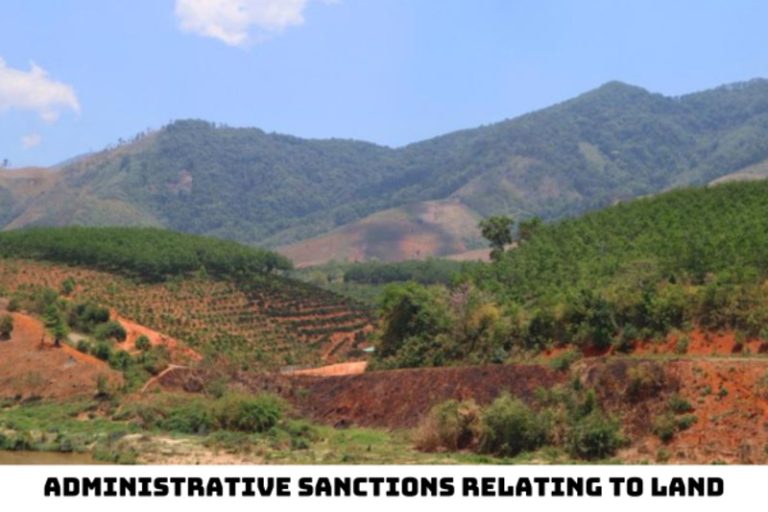The Law on Prevention of Money Laundering (No. 07/2012/QH13)/ has been passed on 2nd July 2012 by the Parliament with an intention to prevent and detect individuals and organizations indulging in acts of money laundering and ensure anti-money laundering.
The law is applicable to the individuals, institutions and organizations dealing with financial transactions and business, viz.
- financial institutions;
- individuals and organizations doing business in the relevant non-financial;
- Vietnamese individuals and organizations operating with financial transactions and trading assets;
- Non-governmental organizations operating in Vietnam with financial transactions;
- Foreigners living in Vietnam
- Foreign organizations operating in Vietnam;
- International organizations operating in Vietnam;
- Individuals and organizations related to anti-money laundering
According to this law, following acts are prohibited as being acts of money laundering:
- Organize, participate in or facilitate the implementation of money laundering;
- Establish or maintain anonymous accounts
- Establish or maintain accounts using false names
- Establish and maintain a business relationship with a bank in a country where the individual or the organization does not have a physical presence
- Providing unauthorized cash, check, other monetary instruments, etc. to beneficiaries in another location
- Abuse their positions and powers in the anti-money laundering to harm the legitimate rights and interests of organizations and individuals
- Deterring the information for the prevention and fight against money laundering
The law also provides that the following business lines should insisted upon the Customer Identification measures to prevent and fight against money laundering:
- The financial institutions should insist on Identification of the Customer when an account is opened and for transactions that take place.
- Individuals and organizations in the non-financial business sectors should also insist on customer identification measures while dealing with high value transactions
- Customer identification measures should be done by the organizations in the business of buying, selling and managing real estate and for the brokerage received for such services
- Individuals and organizations in the business of sale of precious metals, precious stones should insist on customer identification measures
- Organizations dealing with managing money, securities or other assets of the customer
- Organizations dealing with purchase and sale of business organizations for their clients
- Organizations providing services for establishment of company by offering services of directors, registered office, business address or location, service representative for the company, investment trust services, etc.
Whenever any transactions or parties to the transactions are suspected to be involved in actions relating to money laundering or suspicion arises on the existing updated information about the customers then the organization should apply customer identification measures. Similarly records should be updated periodically with verified customer identifications and the customers should be classified according to the risk levels.
The individuals and organizations covered under this law are required to report all large value transactions to the State Bank of Vietnam. At the same time, they should also report to State Bank of Vietnam if there is any susceptible transaction or there are any reasonable grounds to believe that that the transaction assets are derived from criminal activity or money laundering. All the information on documents, records or transactions provided to State bank of Vietnam shall be confidential and used for analysis to prevent and fight against money laundering. State Bank of Vietnam shall be responsible for transfer, co-ordination and exchange of information and reports relating to money laundering with the competent investigating agencies for investigation, prosecution and trial of money laundering offences.
According to this law, individuals violating the provisions of this law, depending on the nature and seriousness of the violations, shall be subject to disciplinary, administrative or criminal prosecution. The organizations violating the provisions of this law shall be also liable to damages and pay compensation.
Anti-money laundering law which regulates the responsibilities of authorized state agencies and international co-operation to prevent and fight money laundering stands effective from January 1, 2013.
(For the details of the said Law, please click to download here)




